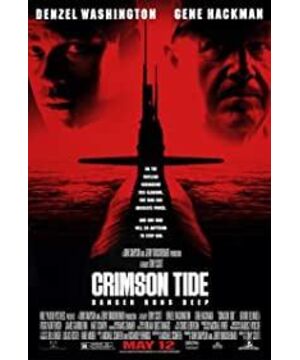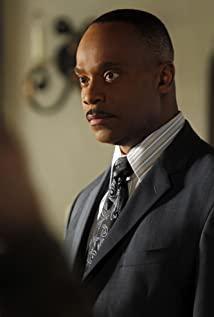Fundamentally speaking, the theme of this movie lies in thinking about the nature of war. Just like the dialogue between Captain Ramsey and Deputy Captain Hunter shortly after the beginning of the movie. Ramsey mentioned that Von Clausewitz said War is a continuation of politics by other means, and Hunter added: in the nuclear world, the true enemy of war is war itself. And these lines are exactly the essence of war that this movie wants to show.
The movie sets up a dilemma: an isolated environment, a submarine that has lost its communication capabilities, and the choice between launching or not launching a nuclear bomb. Characters and decision-making judgments have led to differences between Captain and XO. Under the threat of war, this difference can only be resolved by force rather than democracy. This is also ironic: the start of war needs to be "war". Decide. And to untie the bell, the person who tied the bell must be tied. In the end, the restoration of communication will naturally break the situation.
When it comes to movies, one cannot fail to mention a series of coincidences. If the submarine is injured and drops to a depth of more than 1800 feet without repairing the power, if Hunter does not remove the launch key before Ramsey presses the launch button, if the communication is not available Recovered before Ramsey gave the launch order... the ending must be completely different. Of course, the so-called no coincidence is not a book, especially the movie.
In addition, there are several details, such as the close-up of people sweating when they are nervous, the confrontation between the two captains, and the launch of submarine torpedoes. Similar movies depicting submarines, such as Wolfgang Peterson's Das Boot, are more worthy of appreciation.
View more about Crimson Tide reviews











